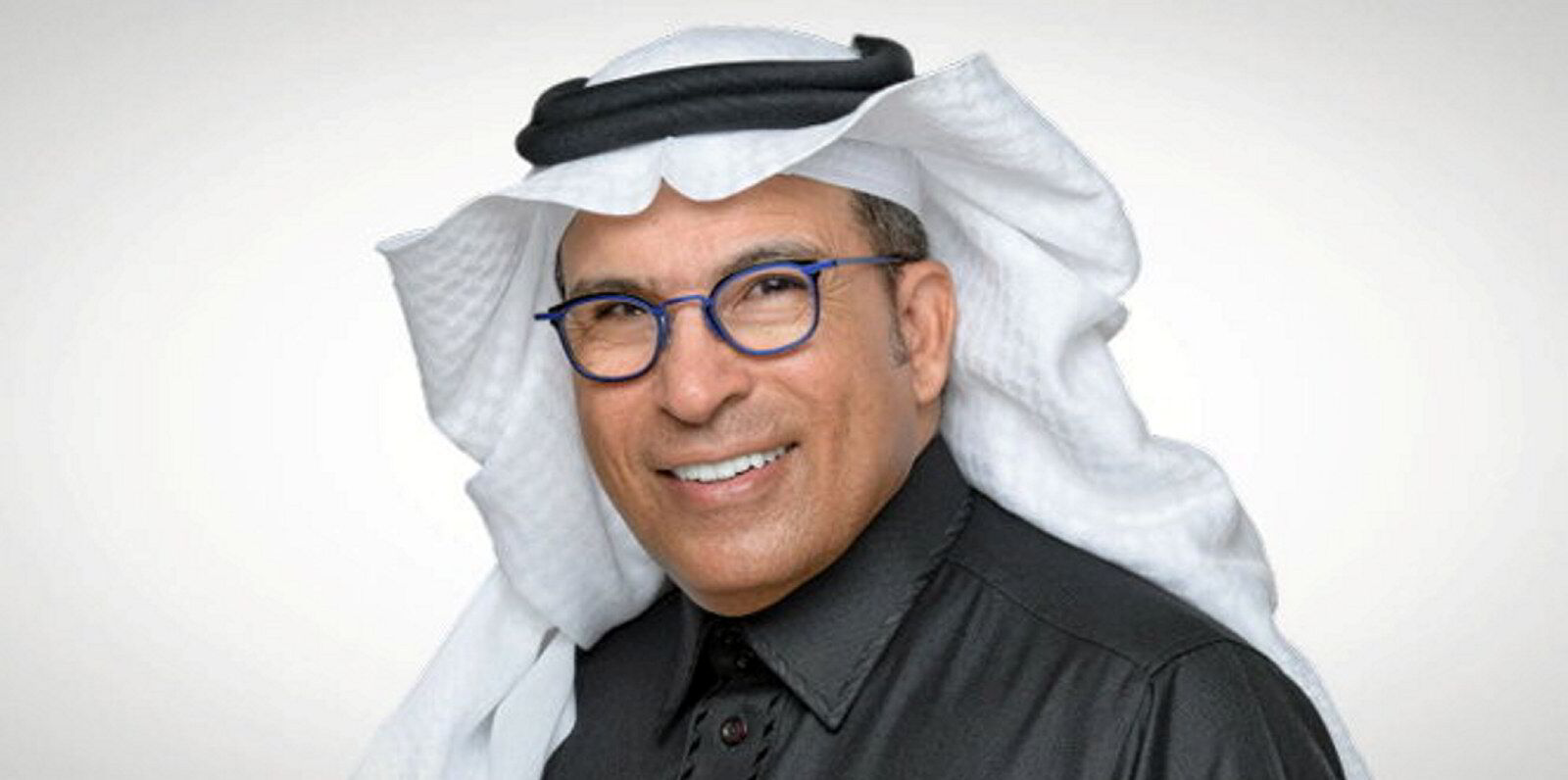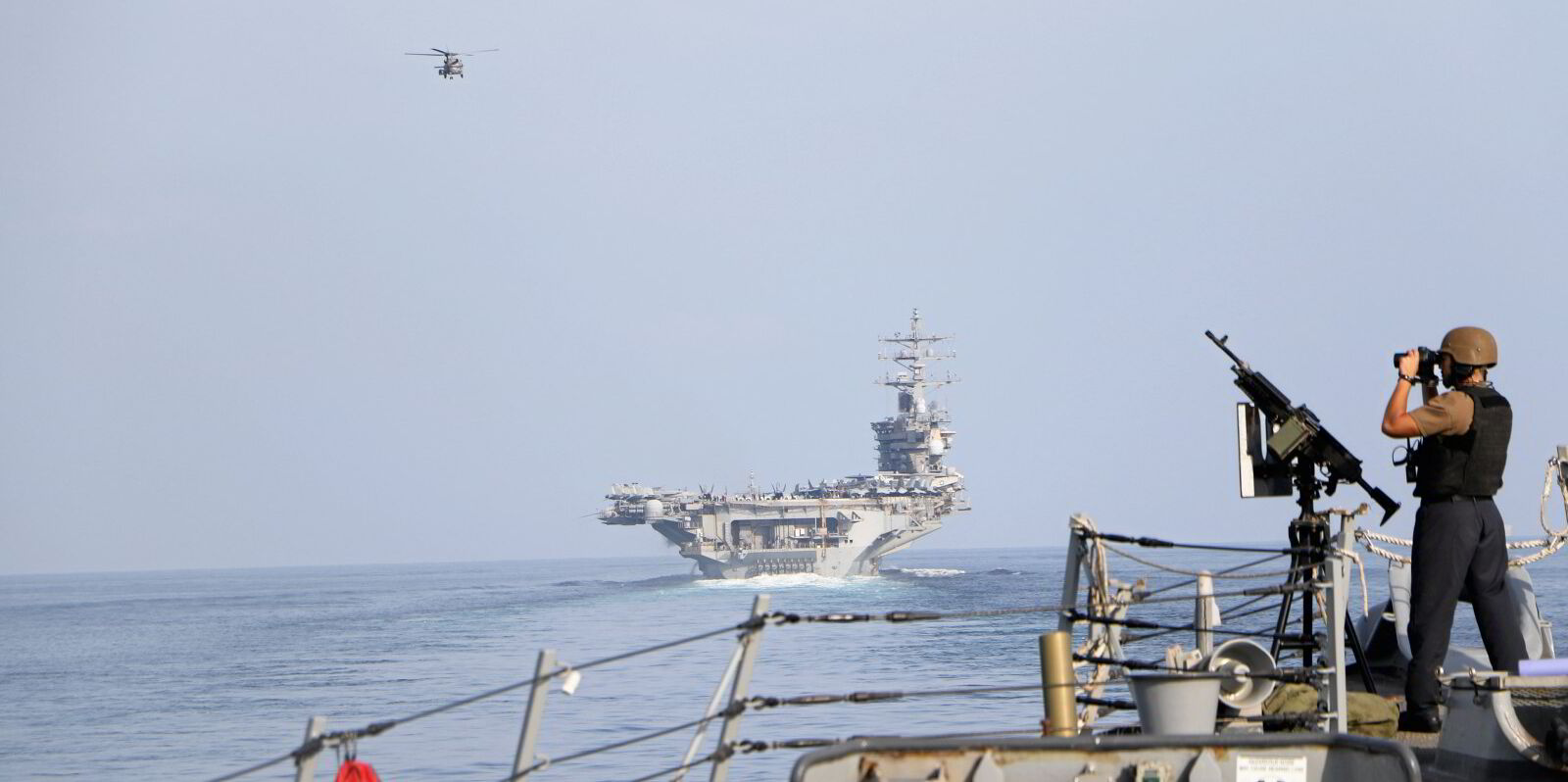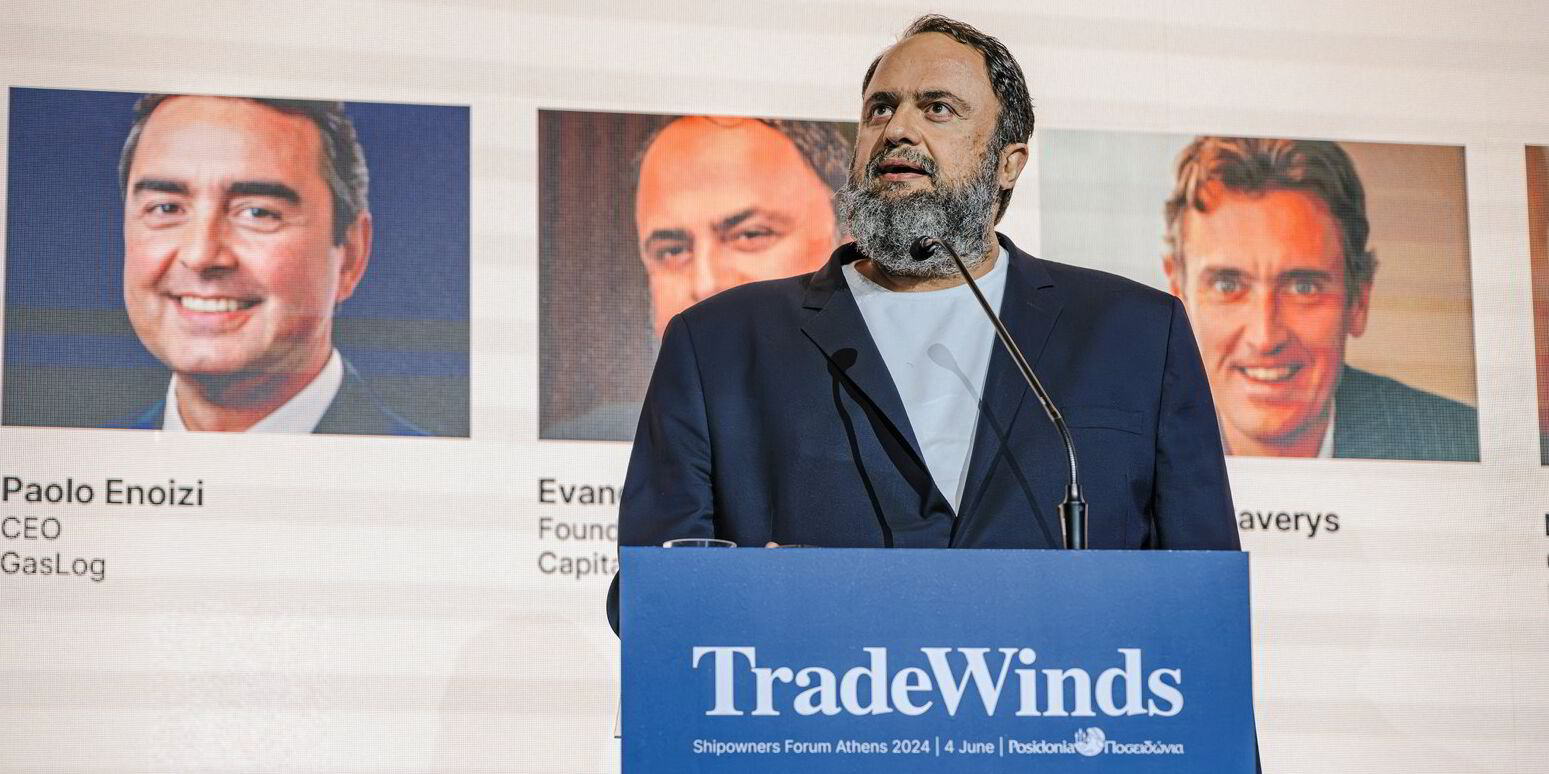Tonnage-hungry Bahri is offloading its oldest VLCC and has snapped up a secondhand bulker.
The Saudi Arabian state-backed shipowner sold the 303,000-dwt Safwa (built 2002) for $31.7m, according to broker reports.
It comes just a few weeks after Bahri took a fleet of nine modern VLCCs from Evangelos Marinakis in a $1bn deal.
The Safwa’s sale price is a slight premium to VesselsValue’s $30.3m estimate and above MSI’s $24.7m to $29.7m range.
Brokers have also reported Bahri is spending $34.4m on buying the 62,000-dwt ultramax bulker Amis Miracle (built 2018) from Wisdom Marine.
VesselsValue pegged the Amis Miracle at $32.3m and MSI gave a range of $29.4m to $35.2m.
Bahri and Wisdom Marine have been contacted for comment.
The Safwa sale was Bahri’s second VLCC disposal this year, following the 303,000-dwt Marjan (built 2002) in May.
The company has been far more active in buying ships. It made headlines in August, splashing $1bn to buy nine vessels from Marinakis’ Capital Ship Management.
The sale leaves Bahri with 71 tankers, according to data from Clarksons, most of them VLCCs. None will have been built before 2006 and the majority will have been built in 2014.
The Amis Miracle would be the company’s 13th bulker.
Shipbroker Fearnleys said VLCC values have been steady, with a 15-year-old vessel going for $58m this month. This is up from the 2023 year-end value of $55m, while ultramax values have remained flat.
Fearnleys said a five-year-old ultramax would sell for $35.8m.
It said holidays in Asia were expected to slow down deals on both the tanker and bulker front, but that has not happened.
Regarding bulkers, the broker said ultramax demand was high but investors were concerned by the disconnect between asset values and charter rates.
For tankers, Fearnleys said questions on how long record asset prices can last “have been put to one side” as spot rates and tanker stocks rose amid uncertainty in the Middle East stemming from rising tensions between Iran and Israel.
“Sentiment had been that price ideas on secondhand tanker tonnage would begin to soften. However, owners and investors alike will be closely monitoring the earnings market as the situation in the Middle East unfolds,” Fearnleys said.






